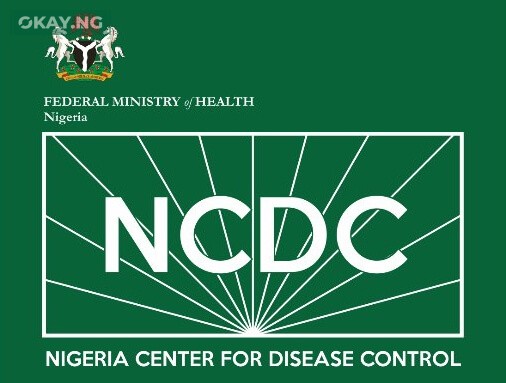The Nigeria Centre for Disease Control and Prevention (NCDC) has taken decisive steps to prevent the spread of Ebola virus disease in Nigeria following the confirmation of fresh cases in the Democratic Republic of the Congo (DRC).
In a public health advisory released on Saturday, the NCDC stated that it is working in collaboration with relevant ministries, departments, agencies, and international partners to ensure the country’s readiness against a possible outbreak. Measures being implemented include strengthened surveillance at national borders and major points of entry to allow for quick detection of suspected cases.
The Director-General of the NCDC, Dr. Jide Idris, emphasized the agency’s preparedness, assuring Nigerians that no Ebola cases have been detected in the country. “There are no cases of Ebola virus disease in Nigeria as of now. However, the NCDC, in collaboration with relevant ministries, departments, agencies, and partners, continues to monitor disease occurrence and initiate measures to strengthen our preparedness in the country,” Idris said.
okay.ng reports that infection prevention and control practices are being reinforced in healthcare facilities nationwide to safeguard both patients and frontline workers. Additionally, the agency has activated its risk communication and community engagement platforms to ensure Nigerians receive timely and accurate information while combating misinformation.
The advisory urged Nigerians to maintain good hygiene practices such as regular handwashing with soap under running water, using hand sanitizers where soap is unavailable, and avoiding contact with anyone showing symptoms of illness with an unclear diagnosis.
The NCDC also advised against contact with fruit bats, monkeys, and apes, and discouraged the consumption of raw or undercooked meat. Health workers and caregivers were instructed to avoid exposure to bodily fluids of suspected patients and ensure safe burial practices to limit transmission.
To further reduce risks, the centre issued travel advice cautioning Nigerians against unnecessary journeys to countries with confirmed Ebola outbreaks. For those who recently traveled from affected countries within 21 days, symptoms such as fever, sore throat, muscle pain, stomach pain, vomiting, or unexplained bleeding should prompt immediate calls to the NCDC’s toll-free line (6232) or state health hotlines.
Dr. Idris added that the agency is also managing multiple other disease outbreaks including Lassa fever, diphtheria, meningitis, measles, anthrax, and mpox, stressing that coordinated health responses remain a top priority.







